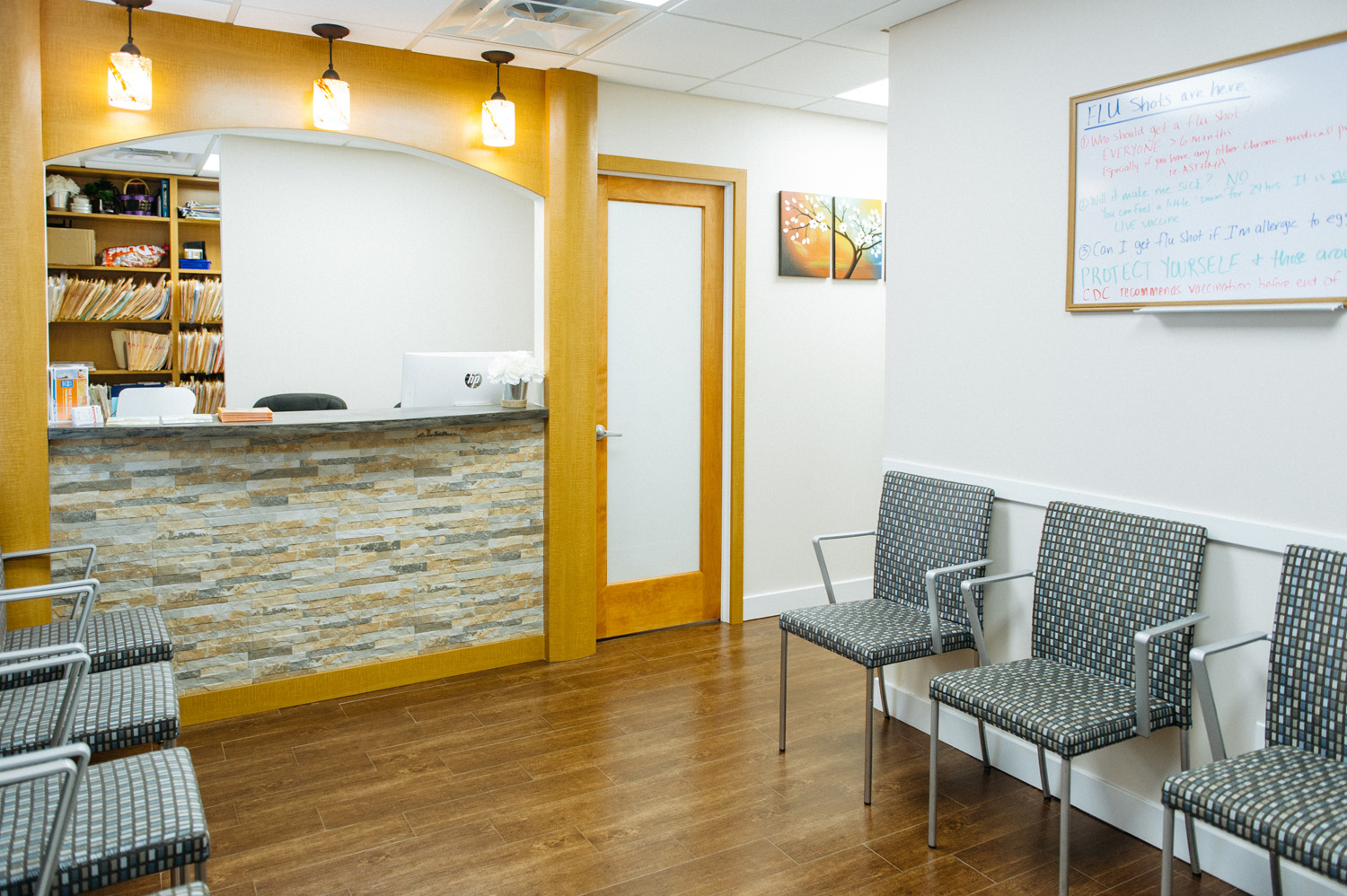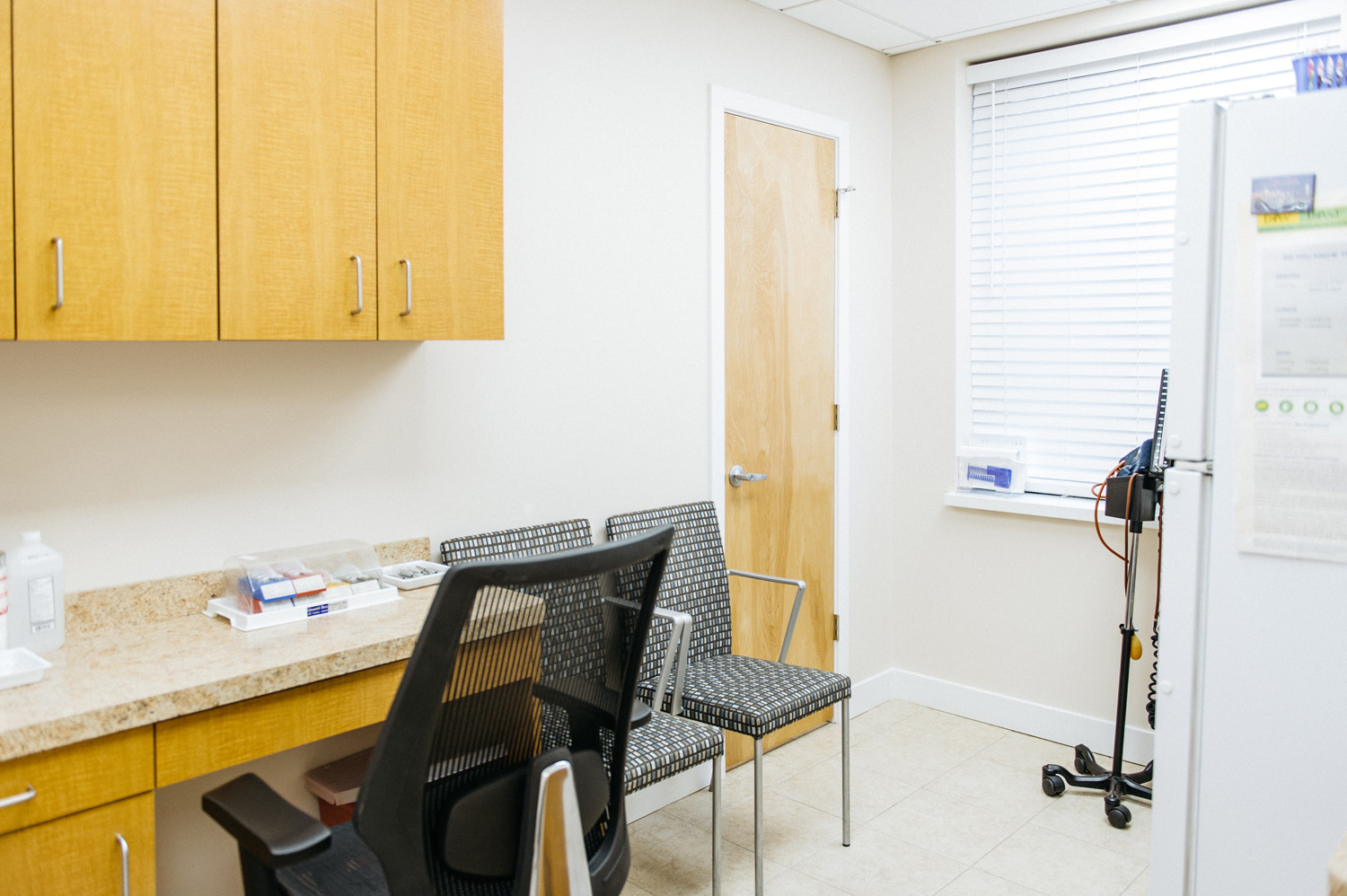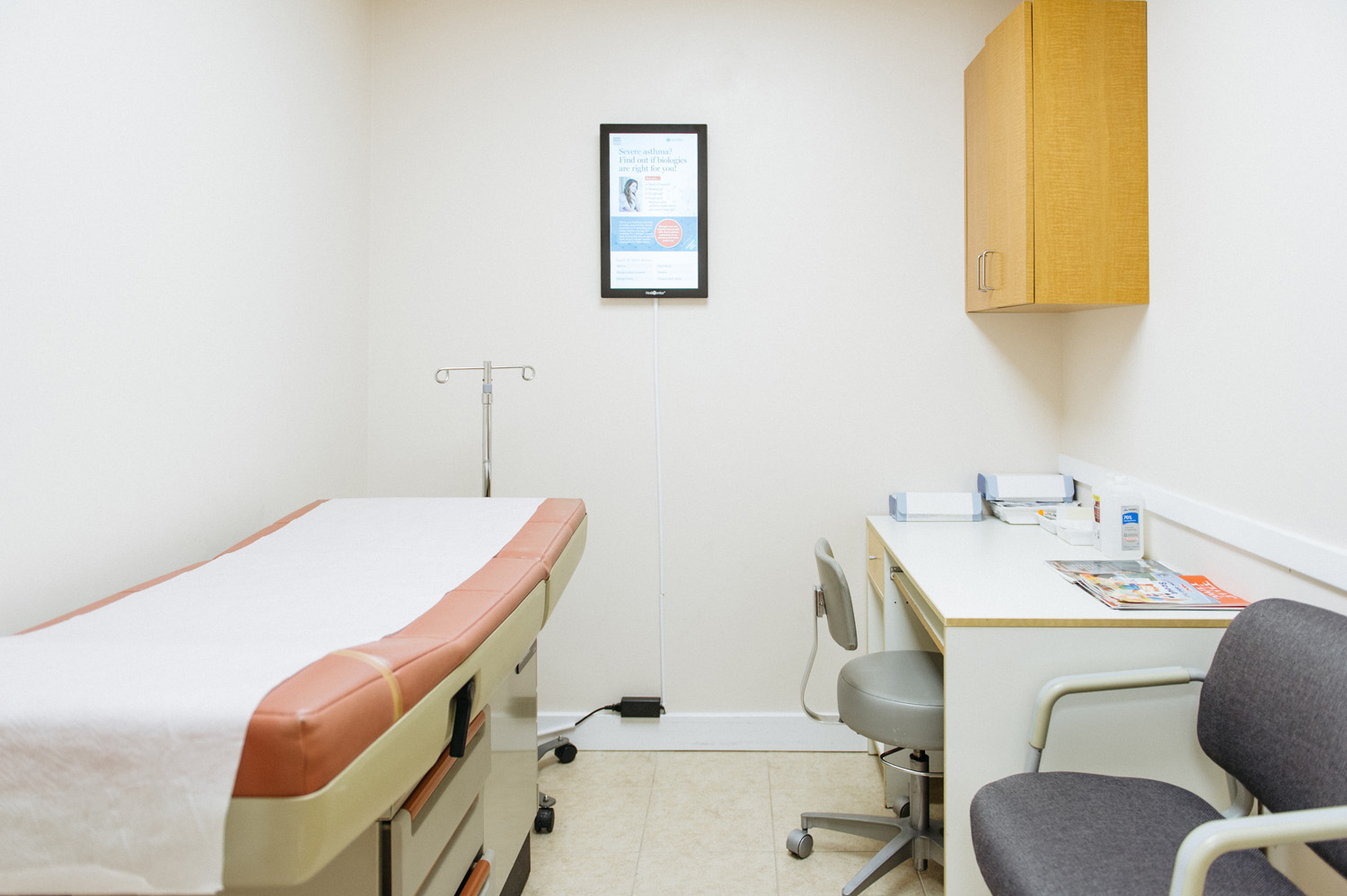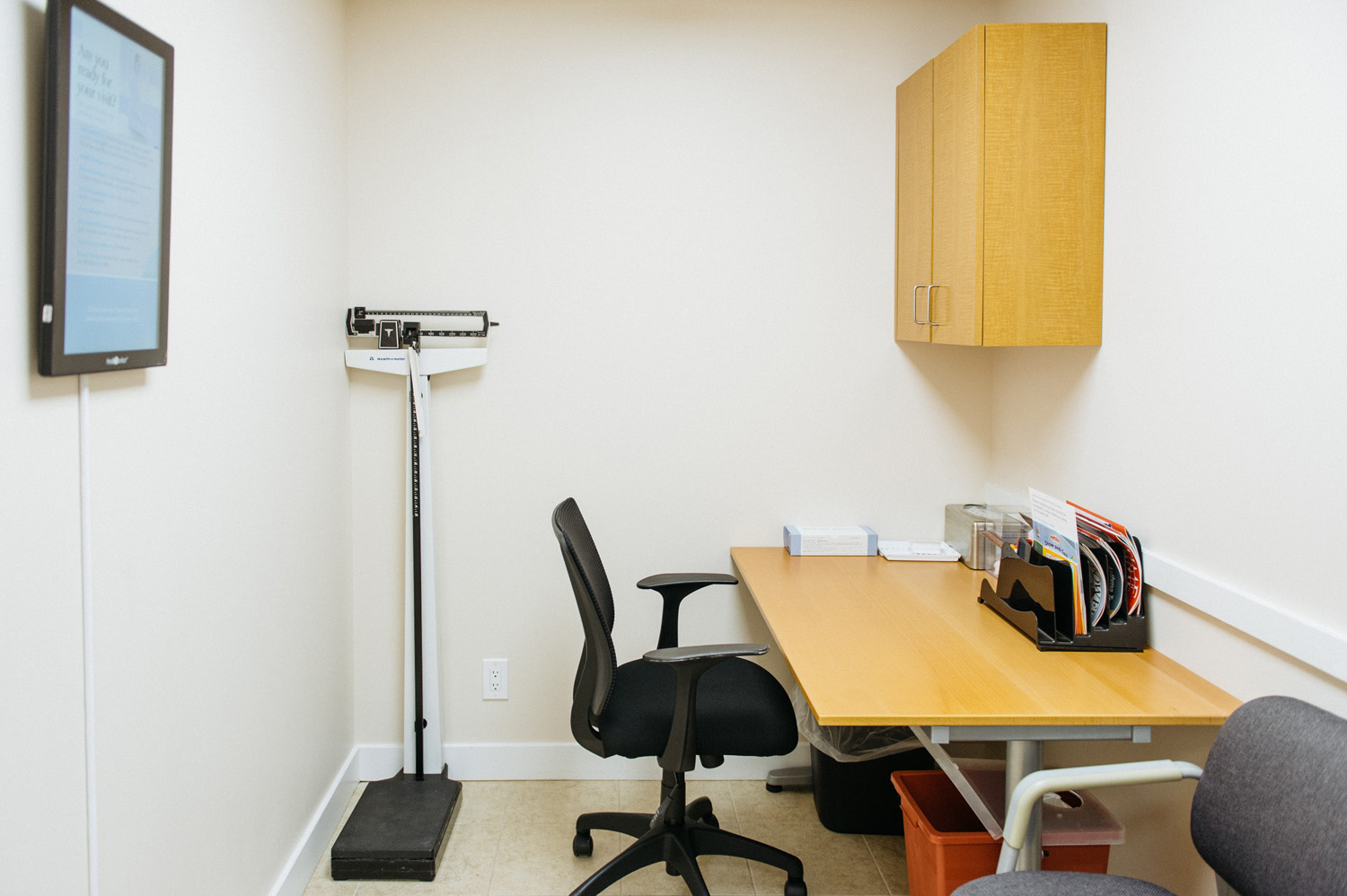ALLERGY SHOTS
ALLERGY SHOTS
Resource Center: Allergy Shots (Immunotherapy)
For people suffering severe allergic symptoms from allergic rhinitis, allergic asthma, conjunctivitis or stinging insect allergy, a long term solution is incredibly appealing. Allergy shots, also known as allergen immunotherapy, are a form of long-term therapy that can be incredibly cost-effective and long-lasting.
Who Can Benefit From Allergy Shots?
The treatment is not recommended for children under five. Other than this, both children and adults can receive allergy shots. Any other co-morbid conditions should be discussed with your care team when deciding whether this therapy is right for you.
As with any medical decision, you should discuss it at length with your care team. Things this conversation should include are:
- How well have medications helped your symptoms?
- How long does the allergy last?
- How severe are your symptoms?
- Are your environmental controls helping your allergy symptoms?
- Are you seeking to avoid using medication long term?
- What is your schedule like? This course of treatment can initially require weekly shots.
- Discussions around cost, insurance etc.
*Currently there are no FDA approved allergy shots for food allergies.
How does this program of treatment actually work?
If you understand how a vaccine works, you are close to understanding how allergy shots work! A small amount of your allergen is injected in slowly increasing amounts, which will help you to develop a tolerance or immunity to the allergen.
This works over a period of two distinct phases, build up and Maintenance.
Build-up phase – This is the phase closest to a vaccine. It is a weekly injection with slowly increasing amounts of the allergen. This phase can generally last 4-6 months, depending on how often you receive injections, and how well you tolerate the injections.
Maintenance phase – This phase begins once your physician determines that you have reached your effective dose. There are longer gaps between injections during this phase of your treatment. The gaps can be anywhere between two weeks to a month. At this point, you may see a decrease in symptoms. It can take up to a year on your maintenance dose to notice a true change. If the treatment is successful, you will continue maintenance shots for three to five years.
How well do these shots actually work?
As with any treatment, effectiveness will vary from person to person. They have been shown to aid in the decrease of symptoms for many different types of allergies.
The treatment can also help new allergies from developing and can help prevent the advancement of allergic disease in children (from allergic rhinitis to asthma.)
The length of the process and the allergen dose seem to be the biggest factors in treatment.
Some factors that can play into treatment failure are as follows:
- An inadequate dose of the allergen
- A new allergen sensitivity that was not identified in the beginning stages of treatment.
- Inability to control or lessen a high level of allergen in your direct environment
- Heavy exposure to other non-allergic triggers (ie. tobacco smoke)
Where should I have the treatment?
The treatment should always take place in an allergist/immunologist’s office.
Are There Risks?
Any medical treatment involves risk. Luckily the risks associated with allergy shots are relatively low.
The majority of adverse reactions are that of any injection: redness and swelling at the injection site. This reaction can occur at the time of injection or hours later at home. Sometimes, reactions can include some allergy symptoms as well in the form of sneezing, hives, or congestion in the nasal passages.
There is a small risk of severe reaction, such as anaphylaxis. They are rare but are why you should always get allergy shots in your allergist’s office. These symptoms could include nausea, dizziness, wheezing, chest tightness, and swelling of the airways. If you were to develop this sort of reaction, it would typically happen within a half hour, which is why most doctors will recommend you remain in the office for 30 minutes post-injection.
Contact Us
11 Ralph Place, Suite 205
Staten Island, NY 10304 [map]
(p) 718-273-9111 (f) 718-273-9112
info@statenislandallergy.com
Office Hours
- Mondays (12pm-6:00pm)
- Wednesdays (10am-4:00pm)
We accept same-day appointments (based on availability).





